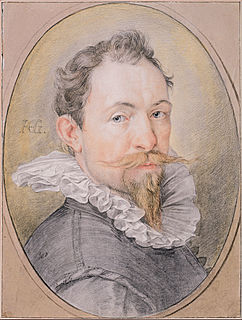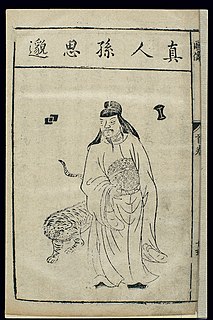A Quote by William Osler
A physician who treats himself has a fool for a patient.
Related Quotes
Doctor Johnson said, that in sickness there were three things that were material; the physician, the disease, and the patient: and if any two of these joined, then they get the victory; for, Ne Hercules quidem contra duos [Not even Hercules himself is a match for two]. If the physician and the patient join, then down goes the disease; for then the patient recovers: if the physician and the disease join, that is a strong disease; and the physician mistaking the cure, then down goes the patient: if the patient and the disease join, then down goes the physician; for he is discredited.
God laughs on two occasions. He laughs when the physician says to the patient's mother, 'Don't be afraid, mother; I shall certainly cure your boy.' God laughs, saying to Himself, 'I am going to take his life, and this man says he will save it!' The physician thinks he is the master, forgetting that God is the Master. God laughs again when two brothers divide their land with a string, saying to each other, 'This side is mine and that side is yours.' He laughs and says to Himself, 'The whole universe belongs to Me, but they say they own this portion or that portion.'
Whenever a great physician treats diseases, he has to be mentally calm and his disposition firm. He should not give way to wishes and desires, but has to develop first a marked attitude of compassion. He should commit himself firmly to the willingness to take the effort to save every living creature.
































